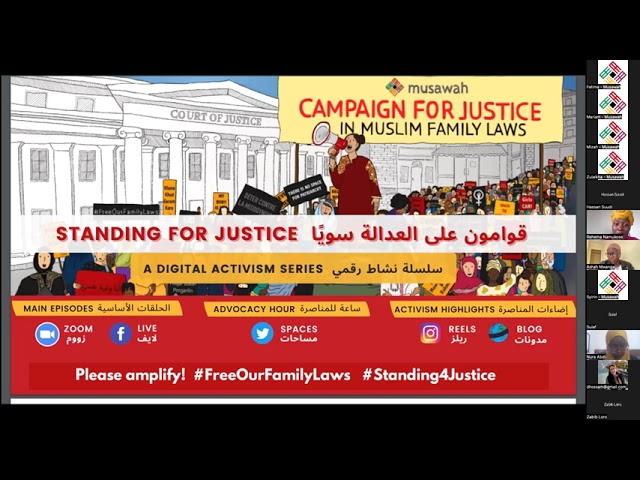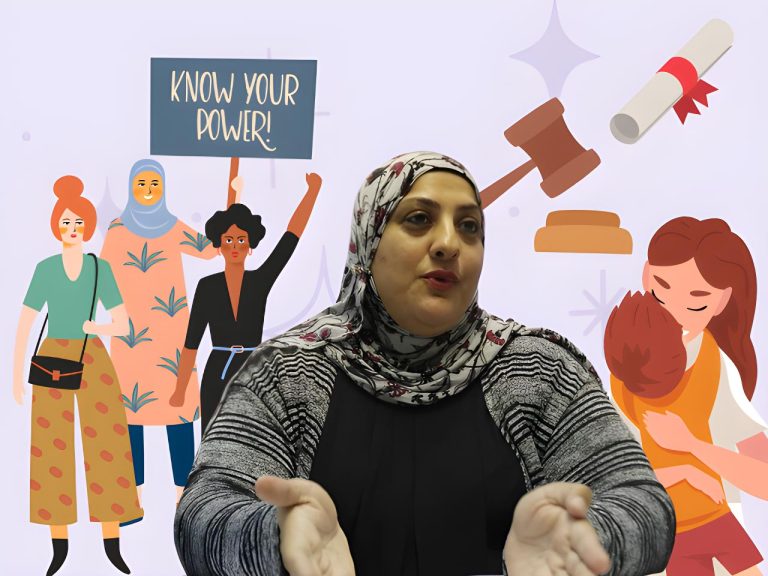Over 45 countries in the world—some with Muslim-majority populations and some with Muslim minorities—have codified or uncodified Muslim family laws that govern family relationships. Many of these laws are discriminatory towards women and girls.
Since 2012, Musawah has been researching Muslim family laws and practices that enforce de jure and de facto discrimination against women in various Muslim majority and minority countries.




